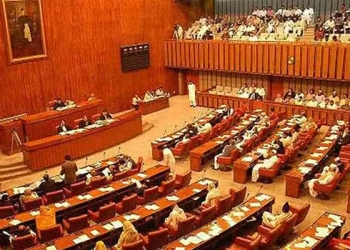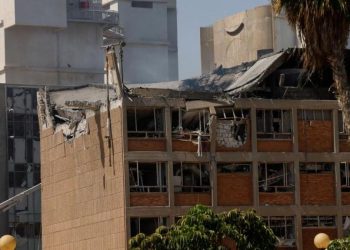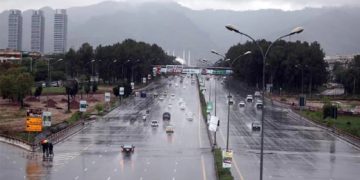Terrorism incidents have increased in Pakistan, leading to a growing sense of insecurity across the country. Street crimes, thefts, robberies, and extortions have made life difficult for the people.
The question is to what extent the security forces, police, and rangers are successful in curbing terrorists, considering the numerous security institutions in Pakistan, including the police, anti-terrorism units, and rangers.
There is a separate force to combat drugs, another to counter-terrorism, and yet another to establish peace and order in the city. The traffic control police operate independently, while the paramilitary forces of the Rangers work separately.
According to a report released in October 2023, more than 700 people were martyred due to terrorism in Pakistan in nine months, marking a significant increase of 19% in deaths compared to the same period in 2022.
It would be inaccurate to say that security forces personnel are not working. In nine months, 386 security forces personnel were martyred, including 137 soldiers and 208 policemen, constituting 36% of the total deaths.
Among the martyred security personnel are 33 paramilitary personnel. In 2022, 282 security personnel were martyred due to terrorism, with 506 terrorism incidents occurring, 309 of which were in Khyber Pakhtunkhwa.
Terrorism increased by at least 108% in 2022 compared to 2021, and these statistics highlight the gravity of the situation. Question marks are increasing regarding the “all is well” report by security agencies.
It is imperative to strengthen the security forces, provide them with modern arms and weapons, and train paramilitary, police, and military forces in the latest techniques to combat terrorism.
The country’s multiple laws make the judicial process complicated and lengthy, resulting in terrorists sometimes escaping punishment. Laws dealing with terrorism in Pakistan should be made so strict that terrorists cannot escape under any circumstances.
Public awareness against terrorism should be heightened. Some elements of society consider the killing of people with opposing beliefs as Jihad. Such individuals must be discouraged, and economic development is also a solution.
If Pakistan becomes an economically strong country, not only will unemployed youth be less susceptible to manipulation, but cross-border terrorism will also be more easily eradicated.
Implementing economic welfare measures can protect Pakistan from terrorism. Likewise, messages of harmony and solidarity should be disseminated for the sake of compassion, mutual brotherhood, and other issues in the education provided in religious schools.
A policy should be adopted to reintegrate people and groups who have been isolated from society back into the mainstream. Those whose rights have been exploited can be brought into the mainstream, addressing various forms of terrorism.



























